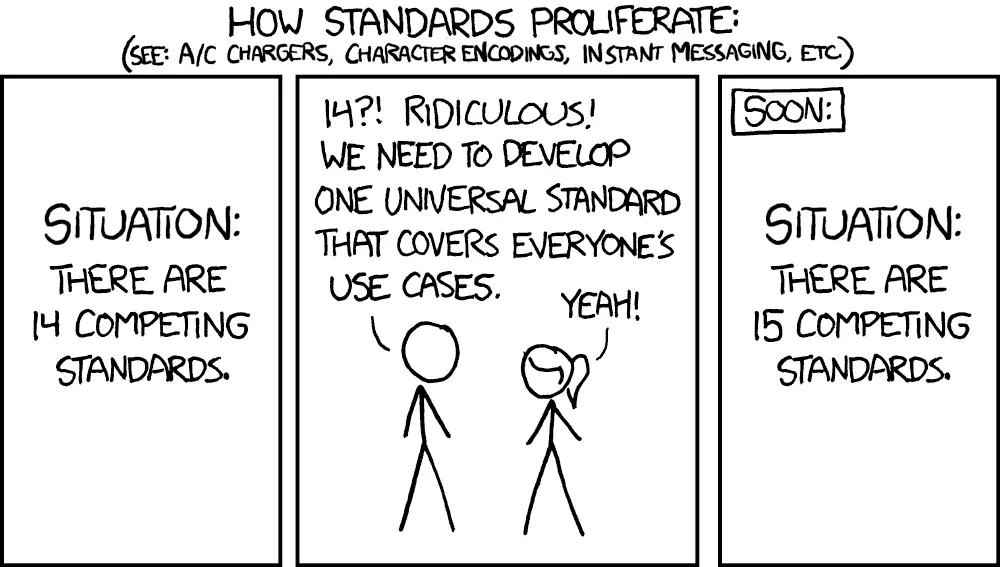

Gin, I think.
It’s debatable about whether this counts for the question, but I’m commenting because this wasn’t a case of “drank too much, was very sick” kind of story, which many people have about alcohol. Basically I was at a small party and I downed a shot of clear liquid that I believed to be vodka. It was not.
I didn’t even know there was any gin in the house, I hadn’t seen anyone drinking it. I wasn’t keen on the taste of gin before, but the unexpectedness of the taste was so bad I was sick. People were concerned because they worried I was overly-drunk, but it was entirely the flavour that did it. Now, anything that tastes or smells remotely similar to gin makes me feel sick.
Though even if we are counting gin as a food here, this is very much gin not being consumed in its normal way - I have never met anyone who would choose to do a shot of neat gin.






















The opposition (Labour) isn’t much better, especially when it comes to equalities. I am not looking forward to this Thursday, and having to think a lot about how grim it all is.